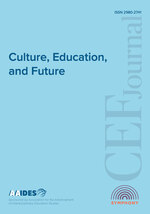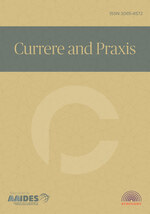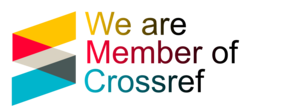Aims & Scope
The aim and scope of Professional Capital in Education (PCE), a peer-reviewed journal published by Symphony and sponsored by the Association for the Advancement of Interdisciplinary Education Studies (AAIDES), can be summarized as follows:
Aims
PCE aims to advance understanding of professional development and capacity building in educational contexts through an interdisciplinary lens. The journal strives to bridge the gap between research and practice by examining how professional expertise, learning cultures, and organizational dynamics can be cultivated to enhance educational outcomes. PCE investigates evidence-based approaches to building sustainable professional capacity and explores innovative leadership practices that foster collaborative learning environments. Through this focus, the journal promotes dialogue between researchers, practitioners, and policymakers to advance professional growth and institutional effectiveness in education.
Scope
The journal welcomes research across a broad spectrum of professional development domains, including:
- Professional learning communities and collaborative cultures
- Evidence-based decision making in educational settings
- Leadership practices and organizational dynamics
- Teacher collaboration, mentoring, and coaching
- Professional development frameworks and capacity building
- International and comparative perspectives on professional growth
- Human capital, social capital, and decisional capital development
- Sustainable approaches to professional learning
- Policy analysis and implementation in professional development
PCE particularly encourages submissions from researchers and practitioners working in various educational contexts, including K–12 schools, higher education institutions, adult education centers, and professional development organizations. The journal embraces interdisciplinary perspectives, incorporating insights from psychology, sociology, organizational studies, leadership studies, and educational management.
The journal welcomes diverse research methodologies, including qualitative, quantitative, mixed methods, and innovative research designs, all contributing to a deeper understanding of professional development and capacity building in educational settings.









